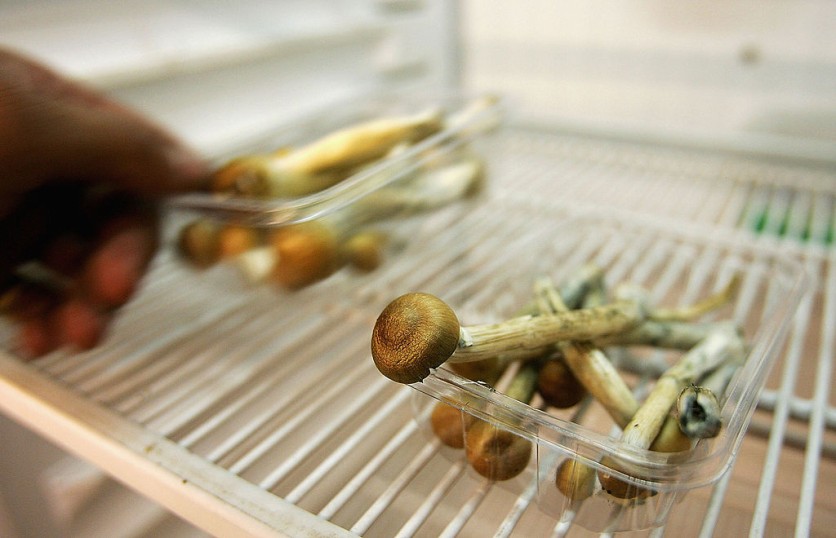One dose of a medicine based on the primary hallucinogen found in psychedelic, or magic mushrooms, psilocybin, significantly reduced depressive symptoms in adults, according to recent clinical research considered to be the "largest of its kind," as reported first by Interesting Engineering.
The Institute of Psychiatry, Psychology & Neuroscience (IoPPN) at King's College London and the South London and Maudsley NHS Foundation Trust were two of the 22 international sites where the experiment was conducted under the direction of COMPASS Pathways.

Psilocybin Therapy
The study notes that around 100 million people worldwide experience treatment-resistant depression, characterized by a major depressive disorder that has not improved after at least two antidepressant therapies.
The 12-week period following a single dose of psilocybin and psychological support was the focus of the study, which was written up in the New England Journal of Medicine. Participants in the study had treatment-resistant depression.
Three weeks after ingesting a 25 mg dose of psilocybin, participants reported lower levels of depression than those who took the lowest amount, which is 1 mg, according to research.
However, all groups reported some adverse side effects, including headaches, nausea, and suicidal thoughts.
"This can lead to a variety of other problems that seriously impact patients and the people around them. Treatment options are often limited and come with troublesome side effects or stigma. Therefore, new paradigms of treatment are needed, and clinical research of new treatments is important," Dr. James Rucker, co-lead Psychoactive Trials Group at King's IoPPN, said in a press release statement.
"Psilocybin therapy may be a new paradigm of treatment, but this needs to be tested in clinical trials," Rucker added.
Read also : Humans May Have Abnormalities in the Future Due to Excessive Use of Technology, Research Claims
Results of the Trials
One-third of the group, or 29% of those who received the 25mg dose of psilocybin, had quick remission three weeks after receiving the medication, combined with a few treatment sessions.
At the conclusion of the trial, one in three people was found to be no longer depressed, and one in five people saw a considerable improvement after 12 weeks.
The 12-week study found negative effects for the group. 84% of participants in the 25mg group reported headache, nausea, and dizziness, 75% in the 10mg group, and 72% in the 1mg group.
According to the press release, all dose groups also experienced suicidal thoughts and deliberate self-harm, which are frequent in trials of treatment-resistant depression.
Scientists have been researching the effects of psilocybin, a hallucinogenic substance found in magic mushrooms, on alcoholism and severe depression symptoms for several years.
Rucker claims that their study's results represent a positive step forward. The team's task is to apply psilocybin for treatment-resistant depression in larger studies with more individuals, comparing it with placebo and conventional therapies.
This article is owned by Tech Times
Written by Jace Dela Cruz
ⓒ 2025 TECHTIMES.com All rights reserved. Do not reproduce without permission.




